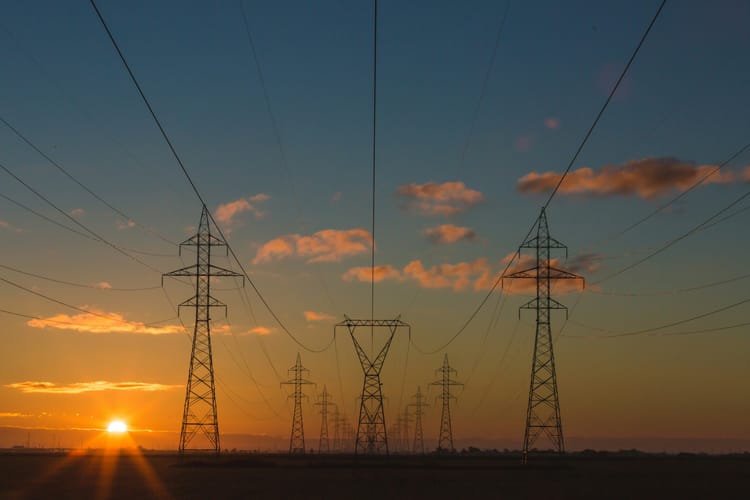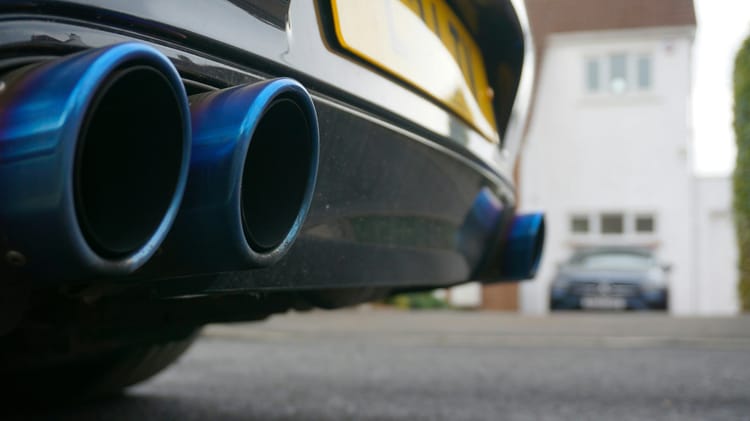UK retailers likely to pass on EPR-linked costs to consumers
"Unless funds are spent transparently and effectively, EPR threatens to just be another burden."

UK retailers are likely to pass on as much as 80% of the costs related to the country’s new extended producer responsibility (EPR) mandate to consumers, according to new research.
The British Retail Consortium (BRC) surveyed leading retailers in the country to understand how they are approaching their EPR obligations for packaging, with a new law coming into effect this month mandating data collection and disclosure and imposing waste management fees and potential charges to the environmental regulators.







